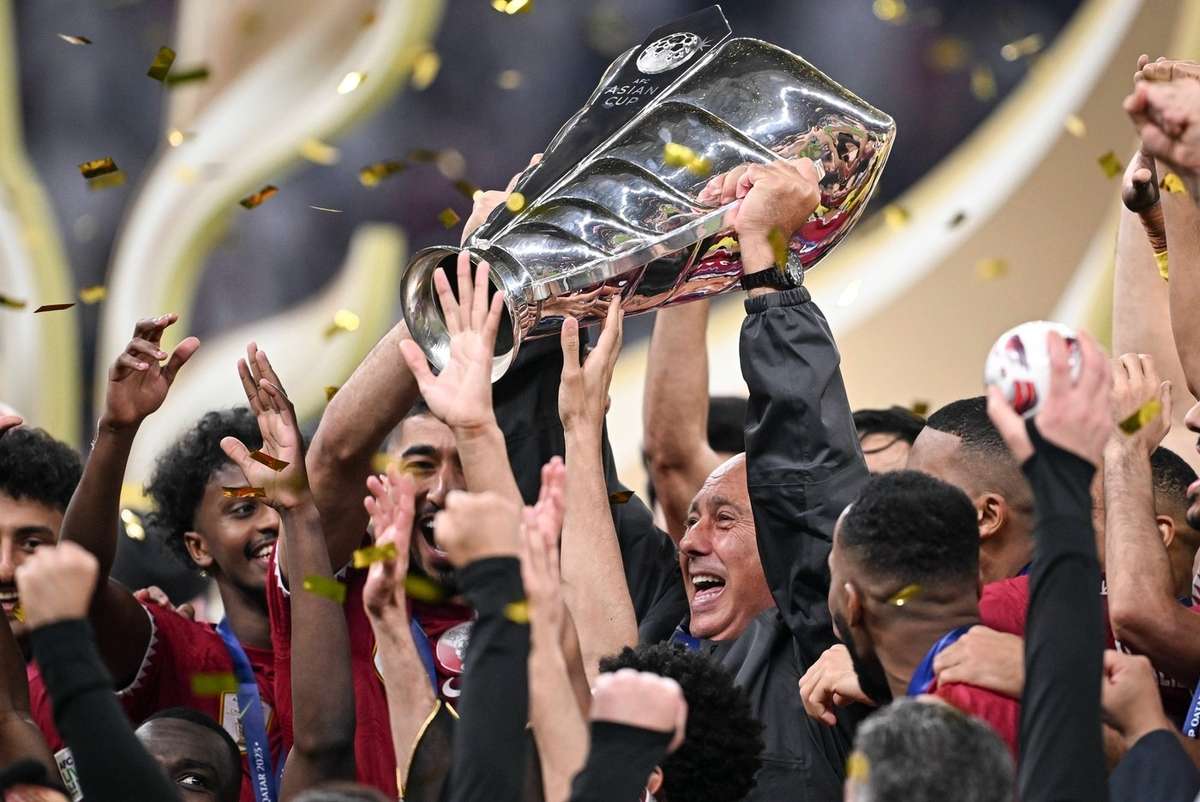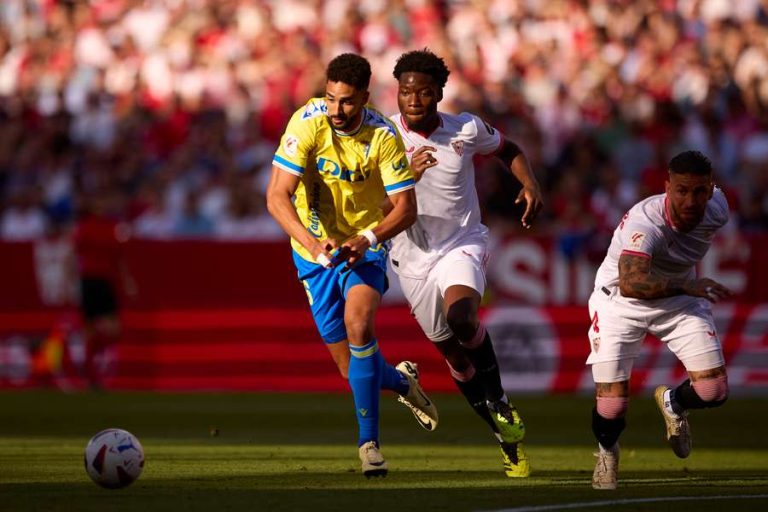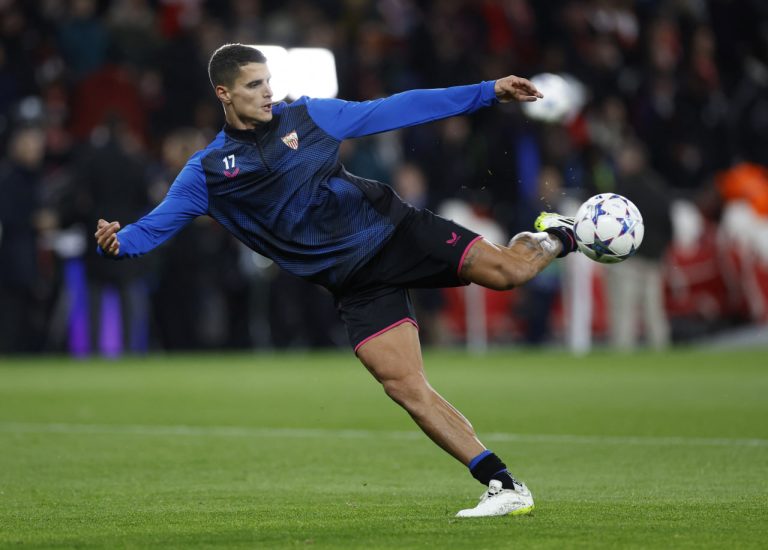EXCLUSIVE: Tintin Marquez Reflects on Leading Qatar to Asian Cup Glory and Life in the Middle East
In an exclusive interview with Flashscore, Tintin Marquez (62), the mastermind behind Qatar’s remarkable Asian Cup triumph, sheds light on his journey from Catalan football to coaching the national team of Qatar in just two months.
Fresh off Qatar’s historic victory in the Asian Cup, affectionately known as ‘Mister Lopez’ in Doha, Marquez delves into the intricacies of their championship campaign, his personal footballing background, and the cultural nuances of life in the Middle East.
Real-time Football scores and highlights.
“Following our triumph, I received an outpouring of messages from acquaintances who understand the sacrifices I’ve made during my 13-year stint away from home. While I’ve experienced both highs and lows in my career, nothing compares to the elation of winning the Asian Cup,” Marquez expressed.
Reflecting on his playing days, Marquez describes himself as a quality player with a penchant for goal-scoring, albeit one who prioritized attacking prowess over defensive duties. When asked if he would coach a player like himself, Marquez affirmed his willingness, citing his goal-scoring prowess as a valuable asset on the field.
Marquez’s coaching journey took him from Barcelona to Qatar via various European clubs, including a notable stint in Belgium. His foray into Qatari football began in 2011, initially as part of a talent recruitment project before transitioning to coaching roles with Al Wakrah and eventually the national team.
Despite Qatar’s remarkable success under his tutelage, Marquez remains humble, attributing their Asian Cup triumph to meticulous planning and sheer determination. He highlights the pivotal moment when they began to believe in their ability to clinch the title, emphasizing their steady progression through each round of the tournament.
Marquez’s move to Qatar echoes a trend of Spanish coaches seeking opportunities in the Middle East, drawn by cultural affinities and a shared footballing philosophy. He credits Qatar’s appreciation for offensive-minded football and the receptiveness of Qatari players to his coaching methods for their fruitful collaboration.
When asked about his coaching philosophy, Marquez emphasizes continuity with his Barcelona roots, advocating for possession-based, attacking football. Despite encountering challenges in some coaching stints, Marquez reflects positively on his time in Qatar, describing it as a resounding success.
Marquez offers insight into the burgeoning footballing landscape in the Middle East, particularly in Qatar, where investments in infrastructure and player development have propelled the nation’s footballing prowess. While acknowledging the gap between Middle Eastern and European football, Marquez lauds Qatar’s progress and ambition in the sport.
On the prospect of returning to Europe to coach, Marquez remains steadfast in his desire to conclude his coaching career in Qatar, emphasizing his commitment to the nation’s footballing journey. He dispels misconceptions about the Middle East, urging critics to experience the region firsthand before passing judgment.
Regarding human rights concerns surrounding the upcoming World Cup in Qatar, Marquez dismisses them as unjustified prejudices stemming from ignorance. He invites skeptics to immerse themselves in Qatari culture and witness the nation’s progress firsthand before casting aspersions.
In conclusion, Marquez’s remarkable coaching odyssey from Barcelona to Qatar epitomizes the transformative power of football and the enduring spirit of collaboration across cultures. As Qatar continues its ascent on the global footballing stage, Marquez’s legacy as a trailblazing coach is firmly entrenched in the annals of football history.







